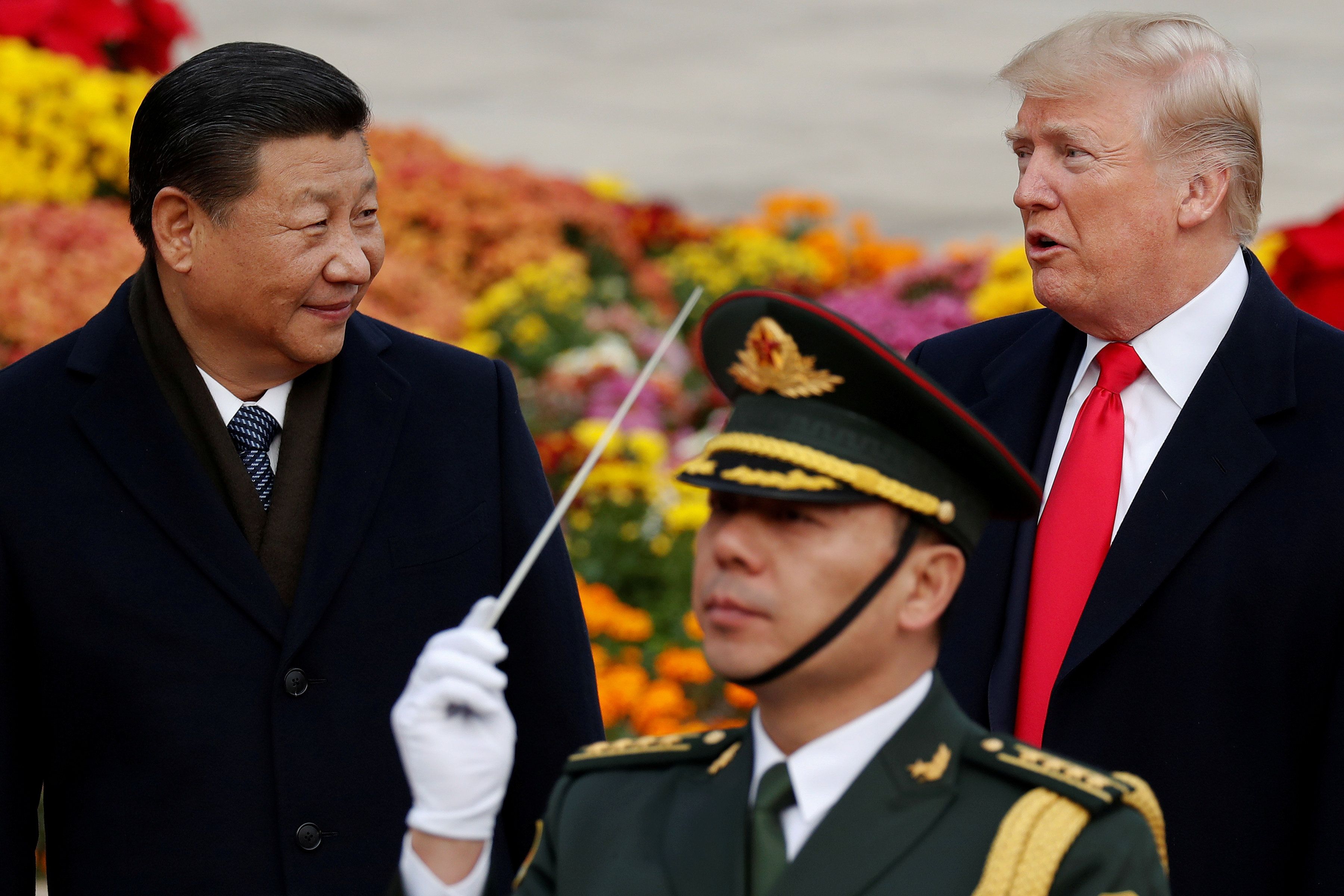May 14, 2019
Last week, the Trump administration put a "knife to China's throat" in the two countries' ongoing trade dispute, and yesterday things only got worse.
China announced it would increase tariffs on $60 billion worth of goods imported from the US. Not to be outdone, the Trump administration readied its own fresh tariffs on the remaining $300 billion in Chinese exports not currently subject to increased duties. That's a move that could cut as much as 1.2 percentage points off of China's GDP.
Not surprisingly, all of that pushed markets into another tailspin, over concerns that the trade tussle between the world's two largest economies won't ease up any time soon.
With Trump prepared to really get serious, what else can China do to fight back?
China has already nearly reached the limit of US goods on which it can impose additional tariffs. But there are plenty of other ways that China could grab Trump by the… economy.
Here's how things could really get nasty:
Trade war 2.0: So far, Beijing has declined to place tariffs on certain US goods—like crude oil and Boeing 747s—that are tough for China to replace. But in recent months it has reduced its purchases of US crude and may soon cut back further on other key commodities, like soybeans. China could also instruct its customs officials to give importers of goods produced in the US – such as luxury cars or produce – an extra hard time at the border in ways that are legal in practice but clearly politicized in spirit.
Singling out US companies in China: It could also make life much more difficult for US companies that produce and sell in China. For example, around 40 percent of Apple's sales today come from Greater China, which includes mainland China, Taiwan, and Hong Kong. GM has a joint venture in China, where it sells more vehicles than anywhere else in the world. China could implement new regulations on these companies or move to subsidize their competitors, inflicting pain on some of the titans of America, Inc.
The nuclear option: A more severe step would see Beijing threaten or even move to dump some of its $1.2 trillion holdings of US government debt, a possibility mentioned Monday by the editor of The Global Times, the Communist Party's mouthpiece. That would send US interest rates—the cost the government pays to borrow and finance its spending—soaring and could inflict a major shock on America's financial system more broadly. But by the same token, it could just as easily imperil China's economy, the main reason Beijing hasn't made good on this threat.
China, in sum, has lots of ways it could hurt the US – but each would carry its own risks and blowback. These, for China, are the tradeoffs of a trade war.From Your Site Articles
- The Battle for Control of Tiananmen - GZERO Media ›
- China Trade War: Where does it go from here? - GZERO Media ›
Related Articles Around the Web
More For You
From a resilient but divided consumer economy to cooling small business hiring, tighter housing affordability, and AI’s shift from buzzword to economic engine, 2025 revealed a “K-shaped” recovery and rapid technological transformation. Bank of America Institute’s 2025 Year in Review distills the data behind the year’s defining trends. Explore the 2025 Year in Review from Bank of America Institute.
Most Popular
What's Good Wednesdays
What’s Good Wednesdays™, January 28, 2026
Walmart sponsored posts
Walmart’s commitment to US-made products
- YouTube
In this episode of "ask ian," Ian Bremmer breaks down the growing rift between the US and Canada, calling it “permanent damage” to one of the world’s closest alliances.
An employee works on the beverage production line to meet the Spring Festival market demand at Leyuan Health Technology (Huzhou) Co., Ltd. on January 27, 2026 in Huzhou, Zhejiang Province of China.
Photo by Wang Shucheng/VCG
For China, hitting its annual growth target is as much a political victory as an economic one. It is proof that Beijing can weather slowing global demand, a slumping housing sector, and mounting pressure from Washington.
FILE PHOTO: European Commissioner for Trade Maros Sefcovic and India's Trade Minister Piyush Goyal pose after signing an agreement, as European Commission President Ursula von der Leyen, Indian Prime Minister Narendra Modi and European Council President Antonio Costa stand behind them, at the Hyderabad House in New Delhi, India, January 27, 2026.
REUTERS/Altaf Hussain/File Photo
After nearly 20 years of negotiations, the European Union and India struck a trade deal that will slash or remove tariffs from nearly 97% of all EU exports to India, and grant preferential entry to the European market for 99% of Indian products.
© 2025 GZERO Media. All Rights Reserved | A Eurasia Group media company.
